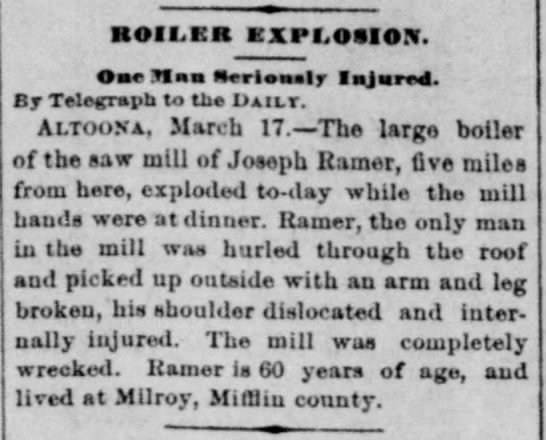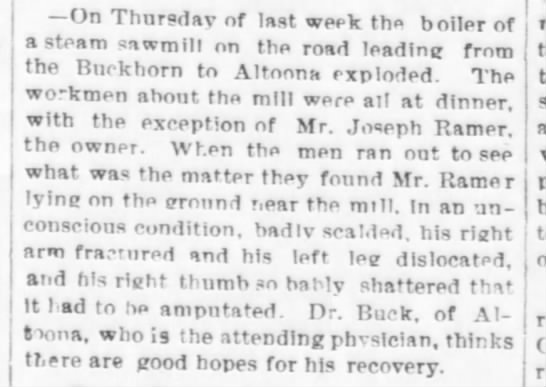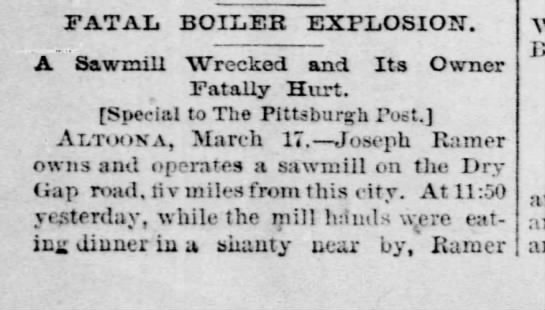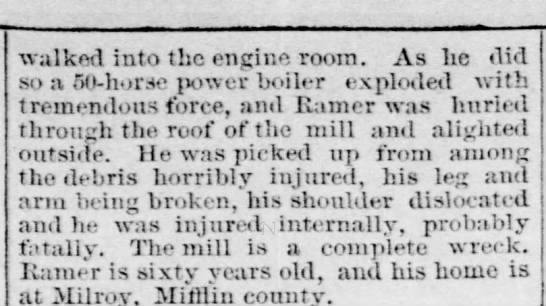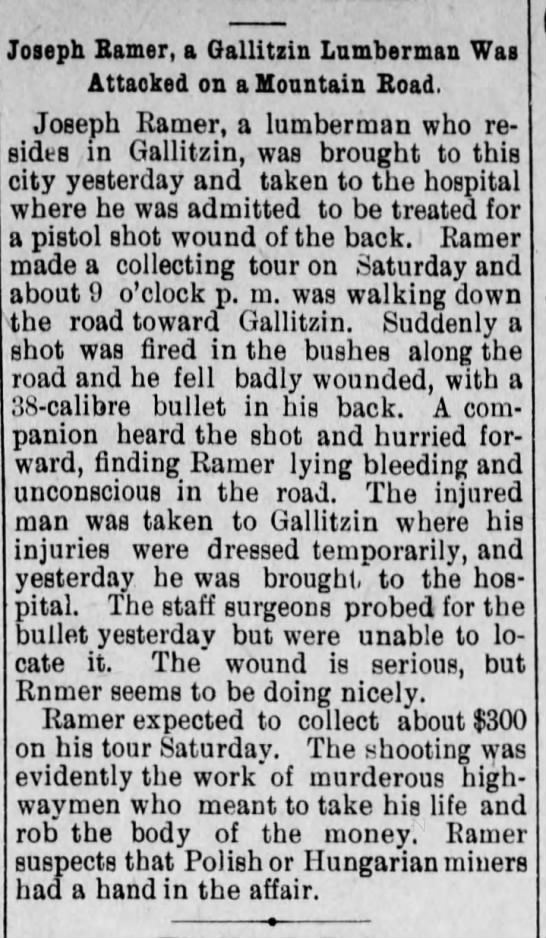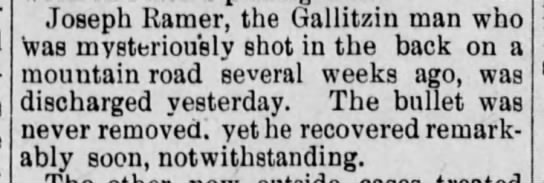A town has a feeling, I remembered someone telling me long ago, because certain kinds of thought are contagious.~ from Pew by Catherine Lacey
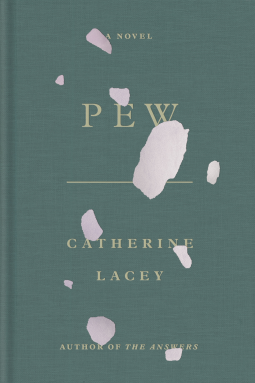 |
Nothing can be more closed than a faith community. The best are open and affirmative. The worst sort people reject outsiders who challenge their values. Been there, too. Are you with us or against us? And if you don't join them, you become the outsider, an enemy.
Some humans are comfortable with ambiguity, but most want to parse the world into black and white, good and bad, male and female, us and them, liberal and conservative.
Catherine Lacey's Pew introduces us to a character with no past, no name, no identity.
One Sunday morning a worshipping congregation in a small town finds a being sleeping on a pew. Out of Christian charity, a family takes the foundling home. They name the being Pew.
The foundling has no identifying characteristics and is mute in response to people's questions.
Clothing is offered to see if Pew chooses male or female attire. The pastor tries to learn Pew's age; there are rules about how things work based on age. A social worker and a physician are brought in to discover if Pew has suffered physical or mental abuse. Pew does not respond, will not disrobe, will not speak. Pew does not know the answers to the questions being asked.
Christian charity turns to self-protection, discomfort, and even fear.
This community is separate from the world and has their own ritual of forgiveness. Pew has appeared a few days before the festival. It unnerves the community.
There is a Shirley Jackson feel to the novel, The Lottery coming to mind. The small town, the closed society, the ritual of the scapegoat are in this novel.
Pew's voice takes us into some deep territory, showing what it is like to be on the receiving end of social pressure that seeks to categorize people---put them into a box.
Can't we just be and let be? Why do we have to 'fix' the things we don't understand? Must our bodily being determine our place in the human community?
Pew sometimes catches a visual memory, almost can articulate a past. But words fail, they are misunderstood, and eventually forgotten. Some things are incommunicable.
Members of the community project identities onto Pew, seeing what they want to see.
A woman tells Pew about her son’s faith journey. The son determined that to truly follow the teachings of Jesus one had to give up all attachments in the world. The son gradually let go of his identity, becoming one with all creation. Her son's mystical journey of ego death has shattered his mother and she hoped to discover Pew was her lost son. Pew is shuttled from the white community to the black side of town. An old African American woman sees the 'new jesus' in Pew.
People tell Pew their stories, revealing sorrows and horrible acts they would not confess to a community member.
There is a lot going on in this novel, and I can't whittle it down to one idea. Perhaps readers will all see their own story in the tale, project what they want to find. I will be ruminating on this one for a long while.
I was given access to a free ebook by the publisher through NetGalley. My review is fair and unbiased.
Read an excerpt at
https://us.macmillan.com/books/9780374230920
Pew
by Catherine Lacey
Farrar, Straus and Giroux
Pub Date July 21, 2020
ISBN: 9780374230920
hardcover $26.00 (USD)
from the publisher
A figure with no discernible identity appears in a small, religious town, throwing its inhabitants into a frenzy
In a small, unnamed town in the American South, a church congregation arrives for a service and finds a figure asleep on a pew. The person is genderless and racially ambiguous and refuses to speak. One family takes in the strange visitor and nicknames them Pew.
As the town spends the week preparing for a mysterious Forgiveness Festival, Pew is shuttled from one household to the next. The earnest and seemingly well-meaning townspeople see conflicting identities in Pew, and many confess their fears and secrets to them in one-sided conversations. Pew listens and observes while experiencing brief flashes of past lives or clues about their origin. As days pass, the void around Pew’s presence begins to unnerve the community, whose generosity erodes into menace and suspicion. Yet by the time Pew’s story reaches a shattering and unsettling climax at the Forgiveness Festival, the secret of who they really are—a devil or an angel or something else entirely—is dwarfed by even larger truths.
Pew, Catherine Lacey’s third novel, is a foreboding, provocative, and amorphous fable about the world today: its contradictions, its flimsy morality, and the limits of judging others based on their appearance. With precision and restraint, one of our most beloved and boundary-pushing writers holds up a mirror to her characters’ true selves, revealing something about forgiveness, perception, and the faulty tools society uses to categorize human complexity.
One of Vogue's Books We Can’t Wait to Read in 2020, one of the Wall Street Journal's Nine Best Books to Read This Spring, one of BuzzFeed's Most Anticipated Books of 2020, one of Vulture's Books We Can't Wait to Read in 2020, one of Refinery29's 25 Books You'll Want to Read This Summer, and one of The Millions Most Anticipated Books of the First Half of 2020


